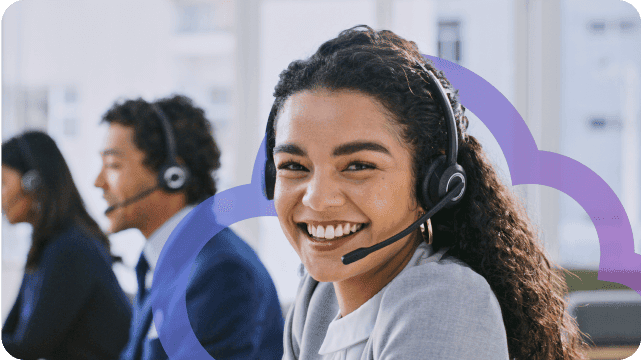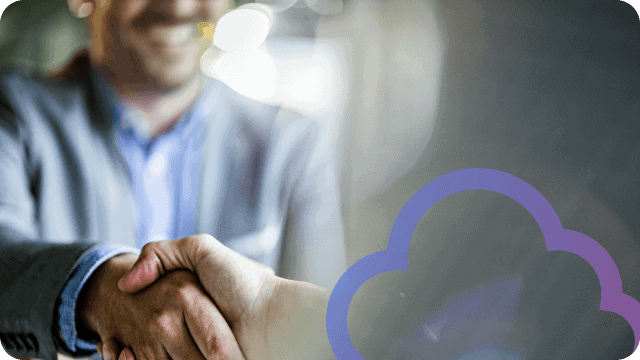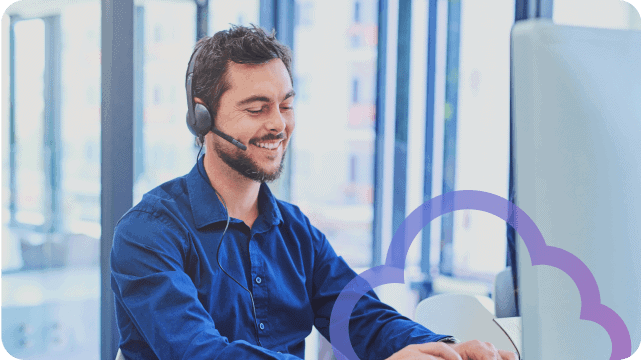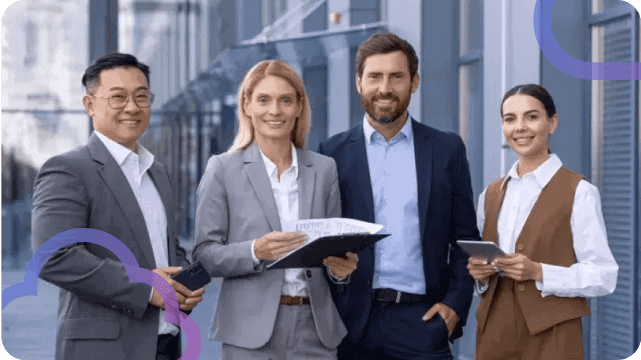The Role of UC in Limiting Exposure for Essential Workers

We all owe a great deal of debt to the frontline/essential workers who are not able to work from home for the past 13 months, as a way of limiting their Covid exposure. Technology, and Unified Communications, has played a role in the past 13 months in the able to work from home crowd, due to the mobility (desktop and smartphone) aspects of UC. But it has also helped in unexpected, if only sometimes small, ways in limiting the exposure of essential workers, even as this group went to work.

Like many of you, I’ve experienced various new procedures for things I took for granted my whole life. For instance, when going to the dentist I now get a text messaging telling me to come in. The dentist has a small waiting room and doesn’t want patients and their employees getting bottled up together. There are now pretty sophisticated curbside pickup apps that I, and most likely you, have used. I’ve also shown video to contractors who needed to work on my house – they looked at things on the video so they didn’t have to come in contact with me and are able to give me quotes like that. I even did a service call over video (successfully!) when in my city the pandemic was at its worst. I’ve also gotten a text message about an ‘event’ cancellation, even if the ‘event’ was an outside dinner at a restaurant and they sent a mass notification to those who had reservations.
But more importantly, I’ve also seen some of the workers in my neighborhood at other houses come armed with mobile apps, where they didn’t have them before. Seems there is more info for them on the app, from when the appointment was set up, which ultimately limited their interaction with the homeowner. Safer for both parties.
These are all small examples. But every interaction to limit exposure is important. But will these kinds of procedures continue in the future? If it helps with reducing costs or becoming more efficient, I would say yes. For example, curbside pickup is great. Sometimes restaurants get crowded so sifting through all the people to go pick up your order takes time from both parties. I’d say yes. Also, anything to reduce a service call – so use of video – yes, I’d say that will continue if possible. It certainly saves time and money for the business. And the example of the service person having more complete info on the service app – for sure that will continue. It’s faster, and maybe even more accurate as well.
Sangoma offers a variety of UC systems to help you work remotely. And with our recent acquisition of Star2Star we pick up some connected worker applications such as Curbside Pickup and Mass Notification.




